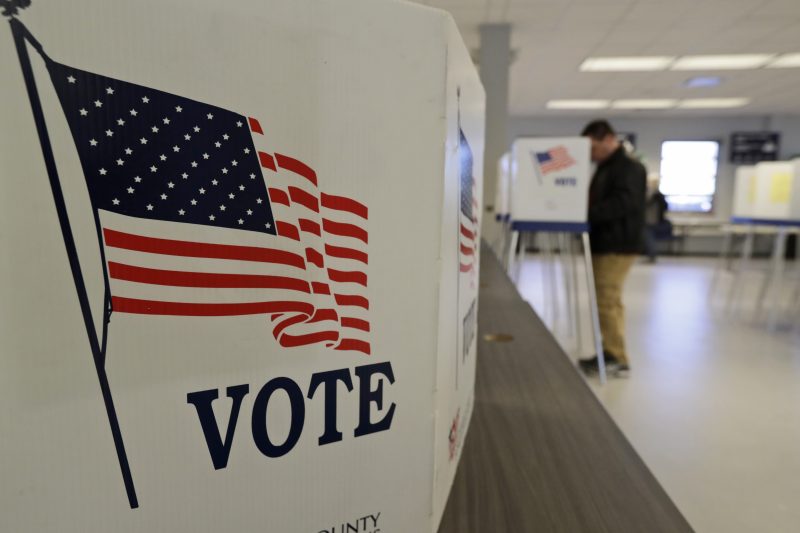WASHINGTON (NEXSTAR) – With early in-person voting set to begin in some states as early as Sept. 20, elections departments around the country are gearing up for the 2024 election on Nov. 5.
So how exactly do states know who is eligible to vote?
Every state has an elections department responsible for maintaining voter registration rolls and carrying out elections. That department is most often run by the Secretary of State. Each state also has an office responsible for investigating allegations of election fraud in federal elections.
Rules and regulations vary widely from state to state. However, a number of states implement several broad methods to prevent election fraud. According to Ballotpedia during the 2020 election, this included things like voter list maintenance, signature requirements, witness requirements, ballot collection laws and voter identification laws.
A voter list allows eligible voters to cast a ballot and helps keep track of who has voted to prevent anyone from voting more than once. State and federal laws determine whether a voter should be removed from the list. In at least 28 states, voting twice in the same election is considered a felony.
All 50 states enforce valid signature requirements for absentee/mail-in ballots to be counted. According to the New York Times, more than half of states match a voter’s signature with one already on file to verify the voter.
A small number of states have witness requirement laws which require a voter to have a witness verify that they are in fact the person the ballot is registered to. Some of those states even require that the witness act as a notary.
Most states have laws allowing someone besides a voter to return their absentee/mail-in ballot. These laws vary by state, but nearly half allow someone chosen by the voter to return mail ballots on their behalf in most cases. Some states impose a limit on the number of ballots one person may collect and return to prevent so-called “ballot harvesting.”
Voter identification laws require voters to show some form of identification at the polls. As of April 2024, 35 states enforced voter identification requirements. Some require identification with a photo, while others do not. Forms of IDs that are most commonly accepted include driver’s licenses, state-issued identification cards and military identification cards. The remaining states use other methods to verify a voter’s identity such as a signature requirement.
However, there have been several lawsuits filed over voter ID requirements in courts across the country. That’s because critics argue that photo ID requirements can block millions of American citizens from voting. According to the Brennan Center for Justice, 11% of eligible voters don’t have the kind of ID that is required by states, and it can be difficult and expensive for some to obtain proper identification. These laws disproportionately affect seniors, low-income voters, minorities, people with disabilities and students.
You can find more information on how to register to vote in your state here.
